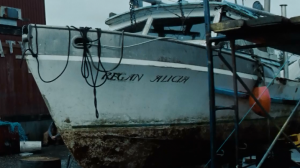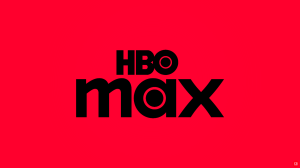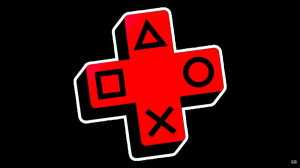With two new teaser trailers coming out on Friday, Man of Steel‘s marketing campaign is officially underway.The Zack Snyder-directed Superman reboot may be nearly a year away, but it’s already generating a ton of conversation and speculation on the Internet. ComicBook.com wanted to brainstorm some of the big, obvious questions raised by the new trailers and to see whether we could answer them.Is Jonathan Kent already dead?The death of Superman’s adoptive father has become a major part of his story in recent years; the way he coped with losing Jonathan Kent is something that’s been told and retold, from All-Star Superman to Smallville to Geoff Johns’ fan-favorite run on Action Comics.And in the world of the New 52, which most are assuming will have at least a passing similarity to the movies DC plans to put out in the near future, both of his parents have already passed away before Clark ever puts on the cape and starts leaping tall buildings.That shot of a young Clark and his father at the science fair, though? That’s not a newspaper clipping or anything; it’s something in a scapbook, and the way that hand is laid over the image, it seems rather wistful. In spite of the apparent focus on Clark’s fathers in the film, will both of them be gone before the story really gets moving?
Man Of Steel Movie Trailer: Five Questions Raised
With two new teaser trailers coming out on Friday, Man of Steel’s marketing campaign is officially […]












